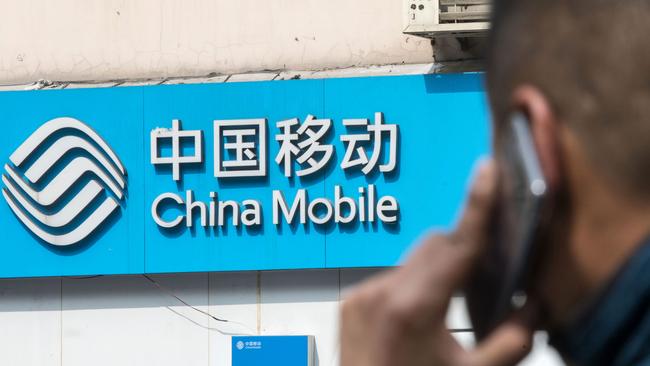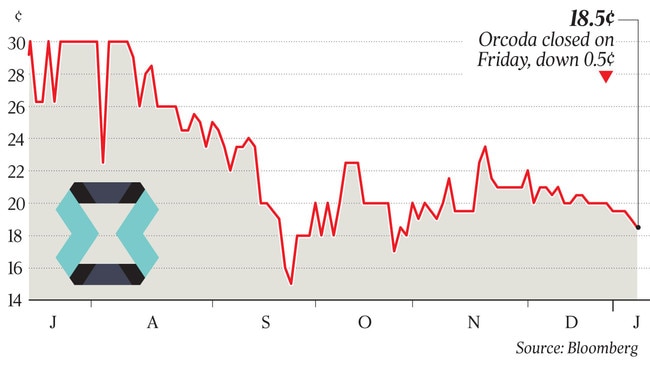Aussies in China Mobile legal stoush
ASX-listed logistics software provider Orcoda will appeal after a court rejecting its claim for $4 million from China Mobile.

ASX-listed logistics software provider Orcoda has decided to further test the Chinese legal system by appealing against a court decision last week rejecting its claim for $4 million from the nation’s largest mobile carrier, China Mobile.
The Melbourne-based company, previously known as SmartTrans, launched an action in a court in Nanjing last year over a debt it claimed it was owed by China Mobile as a result of an SMS payment and messaging business it operated in China some years ago. Despite the poor history of foreign companies succeeding in the Chinese court system, its managing director, Brendan Mason, who ran Cochlear’s operations in China for seven years before joining Orcoda in 2017, was determined to take the company’s claims to court in China.
After a series of hearings last year, the company learned last week that the Nanjing District Court had rejected its claim, ruling in favour of China Mobile.
The company has until this Thursday to lodge notification of an appeal.
Mr Mason said he was disappointed by the decision, particularly given the fact that it was made despite China Mobile failing to produce the evidence requested by the court.
“They effectively refused to defend themselves,” he told The Australian yesterday.
“In any other jurisdiction this would have been an open and shut case and we would have won.”
Mr Mason said the company’s lawyers had spoken to the judge three times since the verdict and been told “that the decision was subject to influence and out of her control”.
“We have decided to appeal to the next level, up from Nanjing to the Jiangsu Intermediate Court,” he said.
Mr Mason said the company was also calling on the Australian Embassy in China to assist in the case to “elevate the case to the national/departmental ministerial level where we believe China Mobile will have less sway over the judiciary”.
“The $4m we are owed is too much for a small, listed company to just walk away from,” Mr Mason said.
“If this is the way that disputes are dealt with, why would any foreign company choose to do business with a state-owned enterprise in China, if they refuse to pay their bills and then use their political influence in the courts to avoid debts?”

The dispute relates to an online payment system using China Mobile that was launched by SmartTrans some years ago, before China’s WeChat Pay became the popular method of payment in China.
Mr Mason said the deal provided for SmartTrans to receive 85 per cent of the revenues from Chinese consumers using the service, with China Mobile taking 15 per cent.
But he said SmartTrans had ended up receiving only 20 per cent.
Mr Mason, who is a former chairman of the Australian Chamber of Commerce in Beijing, told The Australian last year that his experience in running Cochlear in China had given him confidence to believe that his company could get a fair hearing in the courts in China, despite battling against a state owned giant like China Mobile.
He said he believed there was rule of law in China and his company had a good case against China Mobile.
But his comments have changed since the decision against the company last week.
“It’s the lack of legal process which surprises me,” he said yesterday.
“How can we have a situation where China Mobile can decide not to provide the required evidence and still win the case?”
The company is also appealing to the Australian Embassy to help arrange a mediation with China Mobile.



